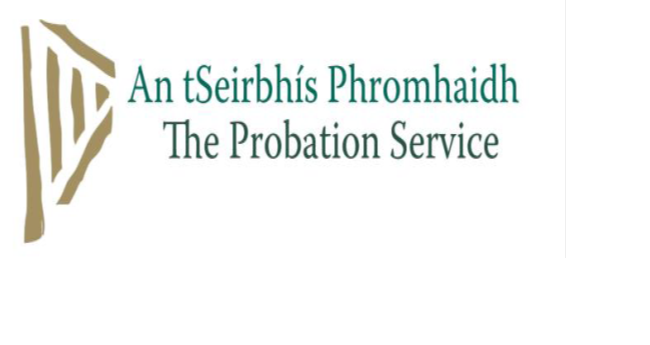Minister Flanagan welcomes reduction in re-offending rates by those sentenced to Probation
Drop of over nine percentage points in reoffending rates between 2008 and 2013
Community Service continues to show very good outcomes
6 December 2019
The Minister for Justice and Equality, Charlie Flanagan TD, has welcomed today’s publication of the CSO Probation Service Reoffending Statistics for 2013, 2014 and 2015 Cohorts. The report shows re-offending by those sentenced to probation supervision in 2013 was 45.3%, compared to a figure of 54.6% in the 2008 cohort. Over 54% of the 2013 cohort did not reoffend. That is a particularly positive achievement given that even the most minor transgression and Court imposed penalty is treated as reoffending in this study.
This study includes all persons sentenced to an order supervised in the community. It also includes, for the first time, persons on post-custody supervision orders; orders where persons are subject to Probation Service supervision on release from custody. It tracks their offending behaviour over the three years following their sentencing or release. In order to include all possible convictions a further two years is allowed to complete any Court proceedings.
This study part of a continuous programme of information development and features, for the first time, one and two year reoffending data in respect of the 2014 and 2015 cohorts. The analysis of 2015 data includes regional distribution patterns in addition to offence frequency as well as age and gender reoffending.
The Minister said: “I welcome the CSO findings published today and in particular the finding that overall reoffending rates are decreasing over time. 28% of 2013 probationers reoffended within one year, down from a total of almost 36% of 2008 probationers who did so. These results are encouraging and highlight the valuable contribution made by the Probation Service to the criminal justice system and to the safety of our communities.”
The CSO report shows that re-offending by those sentenced to probation supervision in 2013 was 45.3%, compared to 54.6% in the 2008 cohort. Minister Flanagan said:
“The fact that the majority - over 54% - of 2013 probationers did not reoffend within the full 3 year time period studied is positive, particularly given that even the most minor transgression and Court imposed penalty is treated as reoffending in this study.”
The report shows variations depending on whether the individual was sentenced to a Community Service Order, a Probation Order or Post Custody Supervision. Overall, those sentenced to a Community Service Order were less likely to reoffend than those sentenced to a Probation Order (41.6% compared to 49.6%). The Minister added: “I particularly welcome the finding that Community Service continues to show very good outcomes. This shows that Community Service orders can help reduce re-offending rates in a way that not only benefits communities nationwide, but also allows offenders a chance to make amends for their criminal actions in a tangible way.”
The report highlights variations between different demographic groups. Males are more likely to reoffend than females (In the 2013 cohort, 45.9% compared to 41%), but the gap between them is decreasing. The recidivism rate also reduces compared to the age of offenders: 73.6% of offenders under 18 reoffended compared to 27.5% of those aged 45 – 64 in 2013. Minister Flanagan continued: “I have noted the variations found by the CSO across a number of categories including between male and female offenders; as well as the significant geographic variations identified. This provides my Department and the Probation Service with valuable information which will be followed-up and considered further.”
The Director of the Probation Service, Vivian Geiran, also welcomed today’s publication, saying: “The reoffending rates reflect improvements in Probation Service supervision, and indicate that we are continuing to perform well. Areas for improvement, such as young persons, are also noted and we are currently working to develop better systems in this regard.”
The publication of the CSO/Probation Reoffending studies has been an important milestone for the Probation Service in the production of research based management information. Because there had previously been limited research on outcomes for offenders under the supervision of the Probation Service, the Central Statistics Office and the Probation Service explored synergies between their extensive datasets and developing their own recidivism data. Data on offenders who had been subject to supervision by the Probation Service in 2013, 2014 and 2015 was used to conduct this study.
The Director added: “Timely, accurate data is very important in terms of outcome measures to enable evidence informed policy and service delivery. The CSO operates to the highest standards and the Probation Service is pleased to continue to partner with them on such significant work going forward.”




